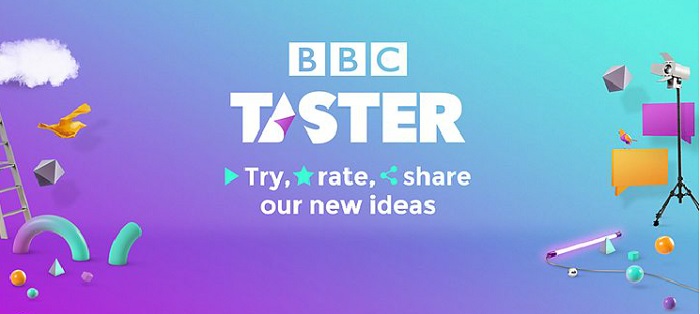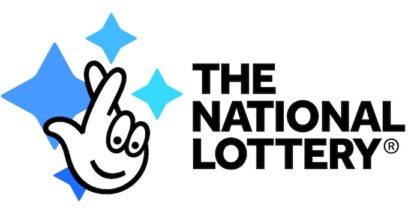BBC Taster: A glimpse of The Beeb’s digital potential
David Farnor | On 26, Jan 2015
The BBC today introduced BBC Taster, a space to “develop its latest ideas for digital content and emerging technology”. What is it? We don’t quite know. What will it lead to? Nobody’s really sure. What’s the point of it, then?
That’s the one question The Beeb doesn’t care about asking: the online space is designed for the broadcaster to publicly experiment with digital ideas, with an aim to offer something “completely new”.
A quick look around this virtual playground gives you a promising idea of just how many ideas the BBC’s team have: from a chance to chop and change poetry videos about parts of the body to a nifty app that generates archive news headlines from the day when you were born.
Trying out the latter didn’t entirely work for us, but that’s what feels so interesting about BBC Taster. The site carries a label warning that things are still being tested and might not work property, but it’s less an apology and more a mission statement. Yes, there are more conventional aspects, such as trailer for the Private View iPlayer tour of the Tate’s Turner exhibition, but there is also a whole heap of unseen footage from a Newsnight interview between Lena Dunham and Jennifer Saunders.
You can also see which celebrities visit BBC studios and offices that day and also a shuffle function for BBC iPlayer – a continuous video player that learns from what you click on, serving relevant content to you as it figures out what you like, and what you don’t like.
The Beeb bills it as a trial area for “new ways of telling stories”. It arrives hot on the heels of Adam Curtis’ experimental documentary Bitter Lake, which is now available exclusively on iPlayer and attempts to deconstruct the modern narrative fed to to us by politicans surrounding Afghanistan, terrorism and power. The online-only release of Curtis’ two-hour, provocative piece highlights BBC’s commitment to distributing interesting content digitally; a platform that sits alongside its linear TV channels, rather than an afterthought replicating them.
There is an emphasis on interaction and audience feedback, which is laudable as new services are grown, but it’s also a vital step to adapt to meet changing audience media habits. With tablets and smartphones increasingly used to access the web, as well as watch video, why should digital content remain in the same old formats?
“Innovation has been at the heart of the BBC since the birth of radio and TV, right through to the digital age – having pioneered products and services like the BBC Micro, Ceefax, BBC iPlayer and the first truly digital Olympics in 2012,” says Ralph Rivera, Director of BBC Future Media.
“BBC Taster is the next step, bringing together our editorial and technology experts and opening the process up for audiences. This will give us valuable feedback and technical insights, helping us further develop our ideas and work on those with the greatest potential.”
With the proposed conversion of BBC Three into an online-only channel looming closer – you have until 17th February to give your feedback in the BBC Trust consultation – BBC Taster is a glimpse of the broadcaster’s potential in a digital age; a promising indication that BBC Three will be more than an iPlayer playlist of traditional videos. What will it lead to? Nobody’s really sure. And that’s exactly how it should be.




















